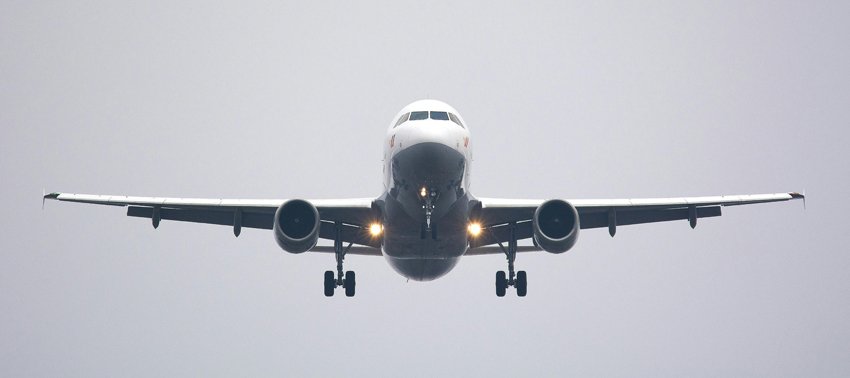The city of Harbin, located in China’s Heilongjiang province, is poised to host the ninth Asian Winter Games, scheduled to take place from February 7 to 14, 2025. Coinciding with Lunar New Year and Valentine’s Day, the event is set to unfold in a city known for its mesmerizing winter landscapes, blending the festivity of the season with the excitement of competitive sports.
A delegation from Hong Kong is among the numerous teams set to participate in the games, making this a pivotal moment for winter sports in Asia. The hosting of the event is expected to strengthen Harbin’s position as a global winter sports destination, while also benefiting the broader travel and tourism industry.
Transforming Harbin into an Athlete-Friendly City
Those who have visited Harbin recently have observed the city’s efforts to ensure a seamless and comfortable experience for athletes and visitors. The Harbin Victories Hotel, one of three designated Athletes’ Villages, has undergone renovations to enhance its facilities. Particular attention has been given to catering services, with a separate halal kitchen set up to accommodate dietary requirements.
Travelers arriving via Harbin Taiping Airport will also notice operational enhancements. The airport has increased resources and optimized check-in and diversion procedures to manage the influx of visitors efficiently.
The games’ mascots, Siberian tigers Binbin and Nini, have already made their presence felt across the city. Their names, which translate to “Welcome to Harbin”, encapsulate the spirit of hospitality that the city is eager to extend to athletes and spectators alike.
Infrastructure and Sustainability Efforts
One of the defining aspects of Harbin’s preparation has been its commitment to sustainability. Instead of constructing entirely new venues, the city has opted to renovate and repurpose existing facilities. University skating rinks have been upgraded to serve as competition venues, while a local primary school has been transformed into a curling center, with some classrooms being adapted into locker rooms.
This sustainable approach not only reduces construction costs but also ensures that local institutions benefit from enhanced sporting facilities even after the event concludes.
Harbin’s Legacy in Winter Sports Events
This will not be Harbin’s first experience in hosting a major winter sports event. The city previously welcomed the Asian Winter Games in 1996, making this year’s edition a symbolic return to its icy landscapes. Following China’s successful hosting of the Beijing Winter Olympics in 2022, the Asian Winter Games in Harbin reinforce the country’s role as a leader in winter sports within Asia.
Impact on Tourism and Global Sports Travel
The Asian Winter Games are expected to draw thousands of visitors, including athletes, officials, and winter sports enthusiasts. With a surge in international arrivals, this event presents a golden opportunity for Harbin’s hospitality and tourism sector to showcase its offerings to a global audience.
The impact on the travel industry extends beyond China’s borders:
- Asian airlines may experience an increase in demand, with routes to Harbin seeing heightened bookings.
- Regional winter tourism could witness a boost as travelers extend their stays to explore other attractions in northern China.
- Hotels, restaurants, and cultural sites stand to benefit from increased footfall, as visitors look to immerse themselves in Harbin’s famous snow and ice culture.
A City of Ice and Warmth
Despite Harbin’s notoriously cold February weather, visitors are likely to feel the warmth of its hospitality. Locals are known for their friendly demeanor, and the festive atmosphere surrounding the Lunar New Year celebrations is expected to add a unique cultural touch to the event.
Those familiar with the city anticipate that the Asian Winter Games will provide an opportunity for people from across Asia to deepen their appreciation of Harbin’s rich culture and history. From its famous Ice and Snow Festival to its Russian-influenced architecture, the city offers far more than just sporting action.
The Global Influence of the Event
Winter sports tourism has been growing worldwide, with destinations in Europe, North America, and Asia investing heavily in infrastructure to attract skiing and snowboarding enthusiasts. The Asian Winter Games in Harbin could serve as a model for other nations looking to host similar events while maintaining a sustainable approach.
For global travelers, the event is a reminder of how international sporting competitions shape tourism trends. Following in the footsteps of the Winter Olympics and World Ski Championships, the Asian Winter Games will encourage more travelers to explore destinations that were previously considered niche in the winter tourism market.
Looking Ahead
As Harbin prepares to welcome the world, the anticipation surrounding the Asian Winter Games continues to grow. For travelers, this marks an exciting time to witness high-level winter sports while experiencing the unique charm of northern China. For the tourism industry, the event signals a stronger integration between sports and travel, creating opportunities for long-term growth.
With less than a week before the official opening, the world is watching as Harbin sets the stage for an unforgettable winter spectacle.
The post Harbin, China Gears Up for the 2025 Asian Winter Games: A New Global Boost for Winter Sports Tourism appeared first on Travel And Tour World.


